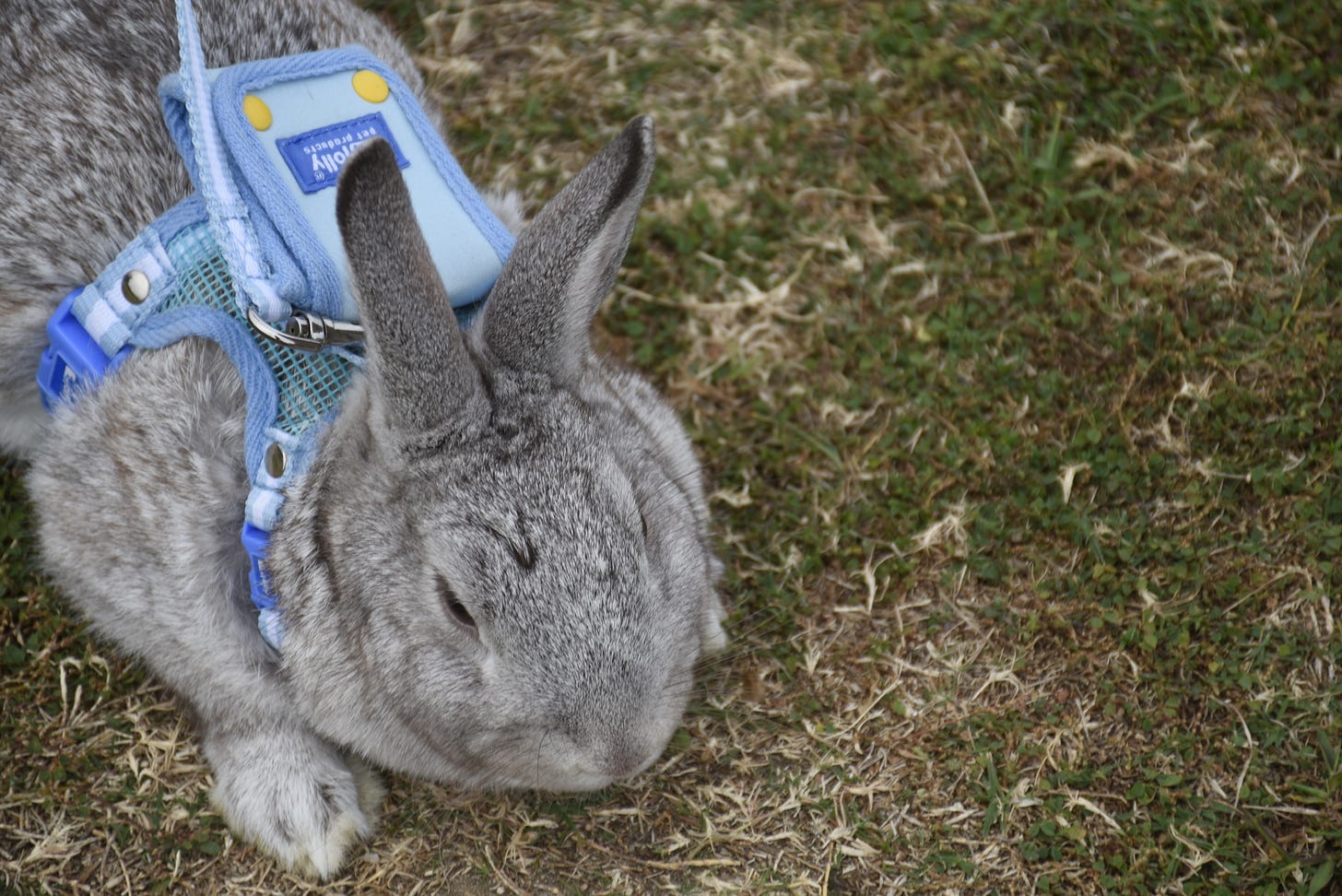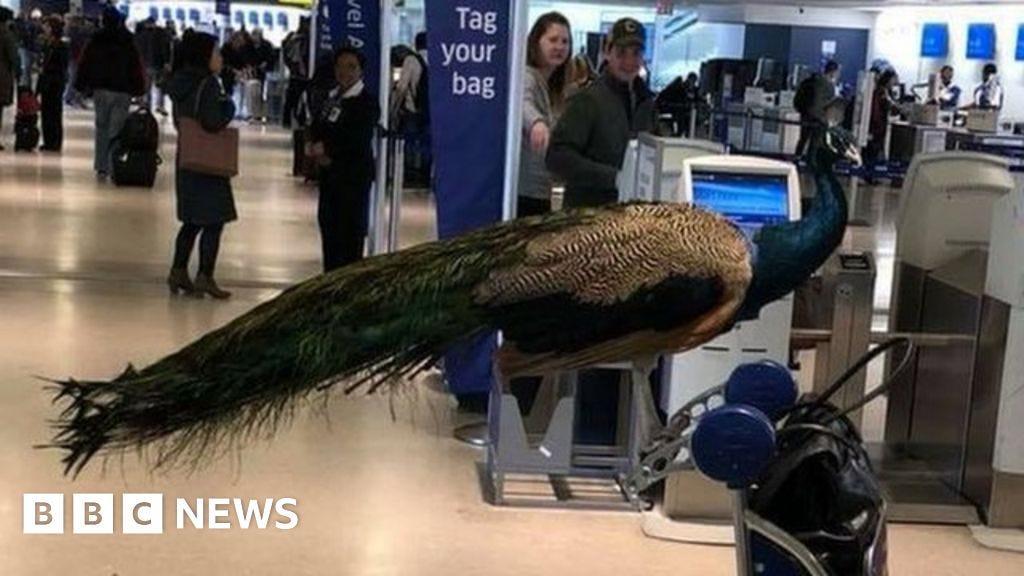The use of animals to support people with physical disabilities has a long history, perhaps dating back to the first century. More substantial records trace the use of dogs to assist the visually impaired in Ancient China, the Middle Ages, and French hospitals in the 1750s. Guide dogs have been used to assist wounded soldiers on the battlefield since WWI.
When service dogs were officially recognized in the Americans with Disabilities Act (ADA) in 1990, the idea was that dogs—only dogs officially qualify, even today—supply emotional support as well.
The mental health benefits of pets have been well documented. Studies show pets relieve stress; lower blood pressure and heart rate; decrease loneliness; and increase social interactions, civic engagement, and social capital.
In 2010, researcher Jennifer Wisdom, et al. studied the role pets play in recovery from serious mental illness and found they do more than keep a person company.
They play the same role that a therapist does in helping us feel understood—a meow in response to something we say, a nuzzle when we’re feeling down. Pets empowered participants and increased their self-worth.
Pets can break through our loneliness and isolation and help us reconnect with the world outside our minds, perhaps even people. For those without family support, pets can function as one’s family. As one participant in the study commented: “…they’re like children for us, we thought we’d never get that way, but they are. They’ve taken the place of having a family.”
Another participant described how her bunnies prevented her from ending her life: “The thing that made me stop was wondering what the rabbits would do. That was the first thing I thought of and I thought, oh yeah, I can’t leave because the rabbits need me.”
The study noted two caveats: 1) to reap the benefits of a pet, you have to actually want one; and 2) some participants found the responsibility of caring for a pet sometimes overwhelming, which may not be helpful for patients who are stressed and vulnerable. The loss of a pet can trigger intense grief and feelings of depression. Also, nothing in the study suggested that those without pets had any less of a chance of recovery.
Recently, in the United States, claims from people who “need” certain emotional support animals have reached quasi-epidemic proportions. The trend toward emotional support dogs is a wee suspect because it extends way beyond sweet Labrador retrievers and loyal collies. All breeds of animals are said to qualify as “emotional support animals”: pigs, guinea pigs, even Wally, the support alligator.
An airline passenger tried to bring her “emotional support peacock” on a United Airlines flight.
The peacock—named Dexter—was denied travel and caused United Airlines to tighten its ESA policy.
The video of the incident received over three million views on TikTok.
One social media user quipped, “No way she made it through [security] with that when they literally stopped me because of a granola bar in my backpack.”
Another wrote, “So we can take peacocks but only a tablespoon of shampoo?”
And another: “Oh so I can’t bring a bottle of water past the security but [she] can bring a whole peacock into the cabin? Where is the justice?”
In the woman’s defense, she did buy the peacock its own seat.
Mental health professionals and pet owners have faked paperwork. People have lied about having a mental illness just to get their animals into apartment buildings that might not otherwise allow them or bring them into a store or have them fly in the cabin for free.
I live in an apartment building that doesn’t allow dogs unless they’re registered as emotional support animals. We have a lot of dogs; few are convincing emotional support animals. Picture Nola, an adorably neurotic Bernadoodle who shakes with nervousness in the elevator. (I don’t blame her. We have old elevators. I’ve been stuck in one. It’s not fun.) Then there’s Poppy, the white Maltese-Bichon-Frisé mix, who never stops moving. Her owner looks exhausted. This may be an overstatement but given the fundamental role that animals can play in recovery, are people jeopardizing opportunities for those who might genuinely need an emotional support animal? In the process, are they belittling the suffering that goes along with serious mental illness?
If you support independent writing and publishing, become a paid subscriber. Readers like you make my work possible.
Or show your appreciation:







Yeah it’s outta hand. I’m all for the emotional support of animals—obviously I’m surrounded by them. But they don’t fly—they don’t go into stores and restaurants—and they don’t need a stinkin’ badge. They need a yard, and beddie, 2-square meals, and loads of love. That fills me up.
Of course they're legit, but I wouldn't fly with one. I have taken dogs on a few flights, and it's rather hard on the animals.
But my daily life without my 5 dogs, 15 goats and 100 or so diverse poultry would be much impoverished.